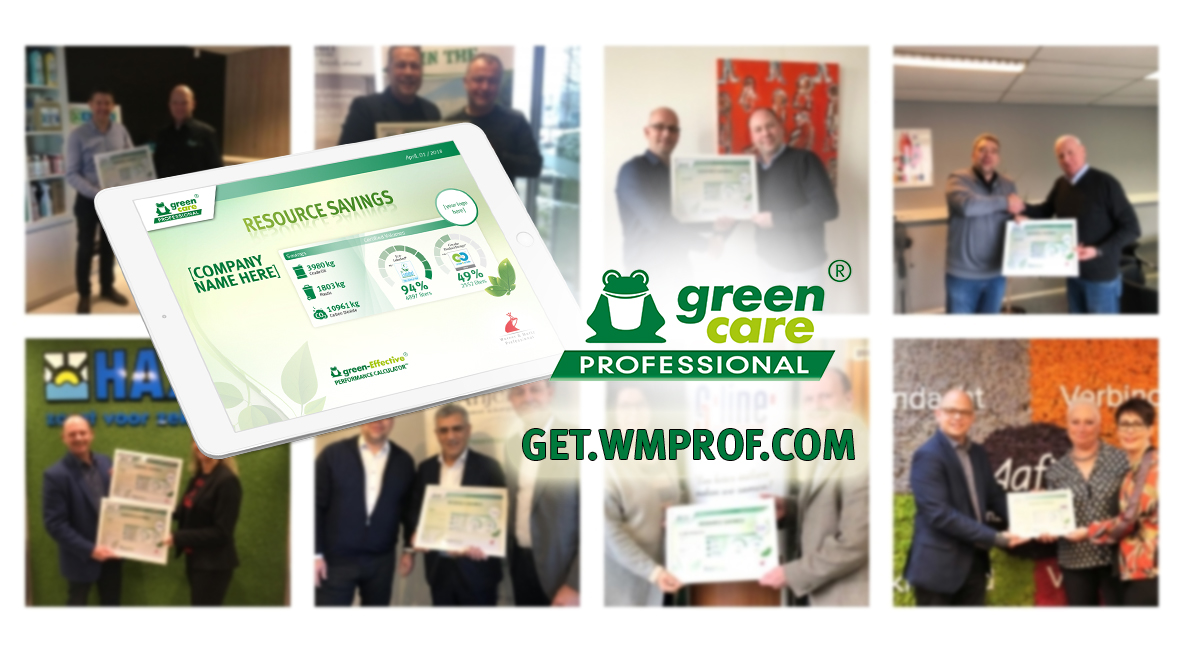The Green Key member toolbox now shows a new tool for those interesting in new puzzle pieces to a circular economy strategy.
Green Key establishments now have access to a short assessment of carbon and plastic savings to be made by using green cleaning products. The calculator helps estimating the environmental footprint of the sites’ conventional cleaning products. Establishments can calculate how much plastic waste and crude oil products can be avoided by applying circular economy principles. This tool developed by Werner & Mertz and powered by Green Care Professional is now available in the “washing and cleaning” section of Green Key website’s toolbox.
Green Care products’ components provided by Werner & Metz are coming out of renewable sources. The packaging is also made out of 100% recycled plastic - a good way to save crude oil, plastic and CO2 emissions. These products received the European Ecolabel and Cradle-to-Cradle logo, a certification measuring the safety and sustainability of products made for circular economy.
Some of the Green Key establishments have already switched to Green Care Professional products. For instance, Wildlands adventure zoo at Emmen, Netherlands, opted for a complete green strategy. Their use of Green Care cleaning products in the past six months permitted the saving of 17kg of plastic and 177kg in CO2 emissions.
Furthermore, this CO2 neutral site replaced plastic cups by cups made out of bamboo, since the latter is available in large quantities. Wildlands saves millions of litres of drinking water thanks to its own water treatment plant and uses renewable energy from solar panels. Wildlands Nature and Education Fund purchased 23 hectares of tropical rain forest in Costa Rica in order to brainstorm regarding the development in and around the park. A “children’s council of advice” has been created to involve kids into this thinking process, proving that education has not been forgotten.
Molecaten’s camping and vacation parks are other examples of circular economy in green washing and cleaning. Five of the establishments received the Green Key award thanks to their significant reducing of CO2 emissions. It also rewards their solar panels, energy-saving lamps and timers for air-conditioning and heating. Their use of Green Care products is presented to the clients to emphasize the holistic green concept of the parks, as guests expect an ecologic management approach.
Green Key establishments using sustainable energy resources and green cleaning products contribute a lot to the development of a sustainable tourism industry!






